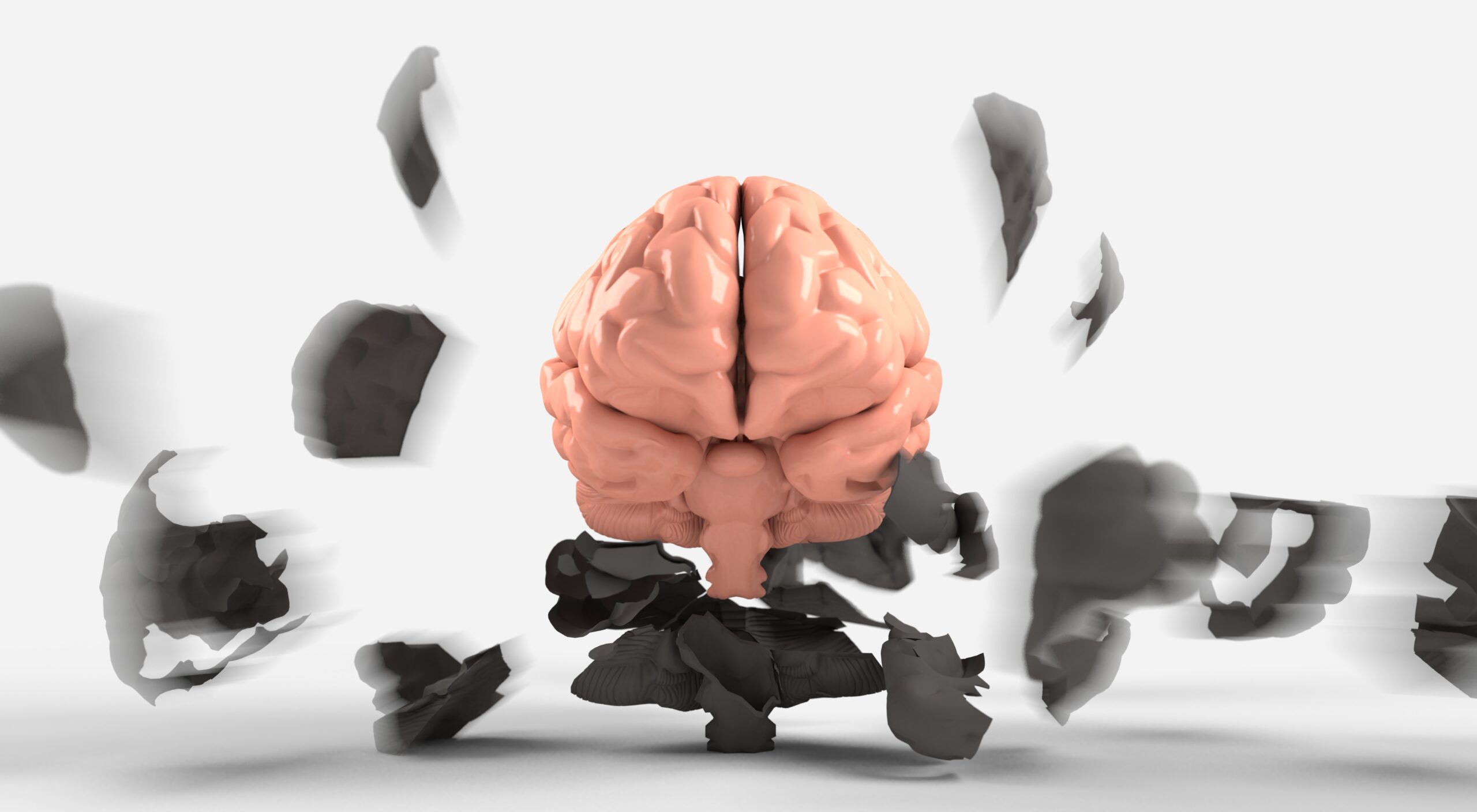Mental health is a crucial part of our overall well-being, yet it’s often shrouded in misunderstanding and stigma. This misinformation can lead to negative stereotypes, discourage people from seeking help, and create a culture of silence surrounding mental health issues. In this article, we’ll explore and debunk the top five myths about mental health, aiming to promote understanding and encourage open discussions.
Myth 1: Mental Health Issues Are Rare
A common misconception is that mental health issues are uncommon, affecting only a small fraction of the population. However, the reality is quite different. According to the World Health Organization, about 1 in 4 people will face a mental health challenge at some point in their lives. This statistic underscores that mental health struggles are a widespread part of the human experience.
Debunking the Myth:
Mental health conditions can affect anyone, irrespective of age, gender, or background. Issues like anxiety, depression, and bipolar disorder don’t discriminate. Acknowledging that mental health challenges are prevalent can foster a sense of community and encourage individuals to seek help without fear of judgement.

Myth 2: Mental Health Problems Are a Sign of Weakness
Another harmful myth is the belief that experiencing mental health issues indicates a lack of strength or willpower. This misconception can prevent many from seeking the help they need due to fear of being labelled as “weak.”
Debunking the Myth:
Mental health challenges are medical conditions that can arise from a mix of genetic, biological, environmental, and psychological factors. Just as someone with a physical illness shouldn’t be viewed as weak, the same holds true for mental health conditions. Recognising one’s struggles and reaching out for help is a testament to strength and resilience.
Myth 3: Therapy Is Only for Severe Cases
Many believe that therapy is reserved for those with severe mental health conditions, such as major depression or schizophrenia. This myth can discourage individuals from seeking therapy for more common issues like stress or anxiety.
Debunking the Myth:
Therapy can be beneficial for a wide range of concerns, not just serious conditions. People often seek therapy to improve their coping skills, enhance relationships, or gain deeper self-awareness. Early intervention through therapy can help prevent more significant issues down the line. Viewing mental health care as a proactive measure for overall well-being can empower individuals to prioritise their mental health.
Myth 4: Medication Is the Only Answer
There’s a widespread belief that medication is the sole effective treatment for mental health issues. While medication can be a helpful tool for many, it is not the only solution available.
Debunking the Myth:
Effective treatment often involves a combination of approaches. Therapy, lifestyle changes, support groups, and self-care practices can all play crucial roles in managing mental health. Techniques like mindfulness, meditation, and regular physical activity have shown significant benefits for mental well-being. Each person’s journey is unique, and it’s essential to collaborate with mental health professionals to explore various treatment options that suit individual needs.

Myth 5: Mental Health Issues Are Permanent
Many individuals believe that mental health issues are unchanging and will last a lifetime. This myth can lead to feelings of hopelessness among those struggling with mental health challenges.
Debunking the Myth:
Mental health conditions are often treatable and manageable with the right support and resources. Many people experience significant improvements in their symptoms through therapy, medication, and lifestyle adjustments. Recovery is a personal journey that varies for everyone, and it is entirely possible to lead a fulfilling life while managing a mental health condition. Seeking help and committing to treatment can lead to positive outcomes.
Conclusion
Dispelling these myths about mental health is crucial for cultivating a more understanding and supportive society. By bringing these misconceptions to light, we can reduce stigma, encourage individuals to seek help, and create an environment where mental health is openly discussed. Remember, mental health challenges are valid, common, and treatable. Seeking assistance is a brave step, and various pathways exist for recovery and well-being.
As we continue to educate ourselves and others about mental health, we foster a culture of openness. Whether you’re dealing with mental health issues or supporting someone who is, it’s important to remember that you’re not alone and that help is available. Together, we can create a supportive community that values mental well-being for everyone.
